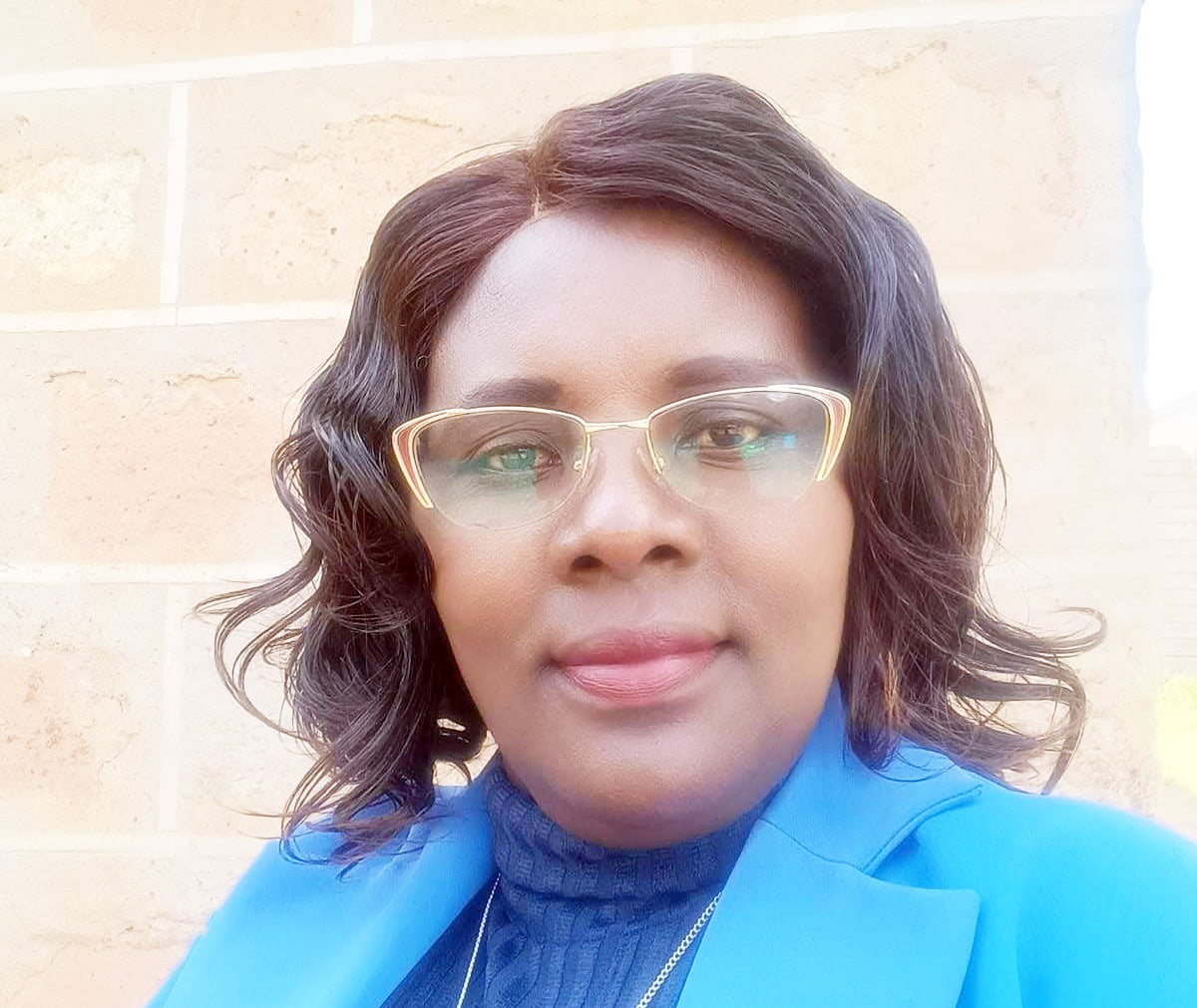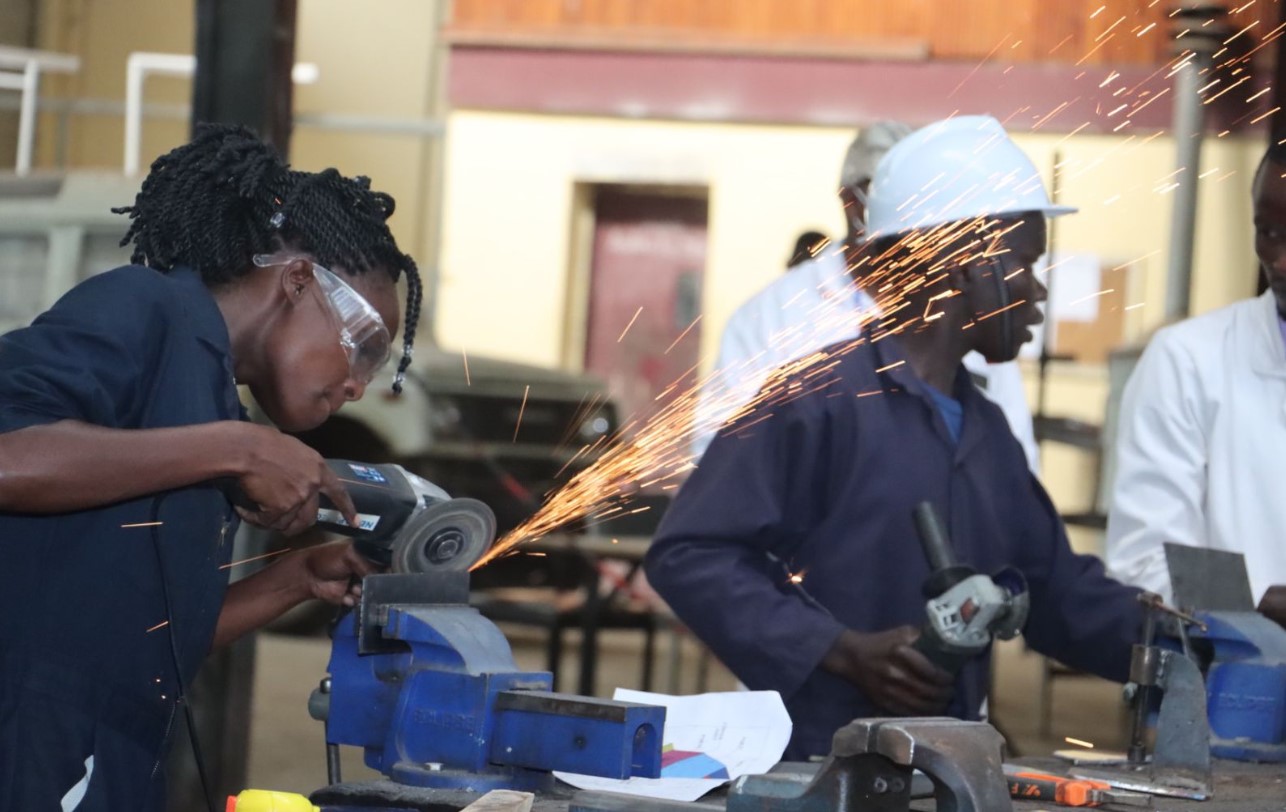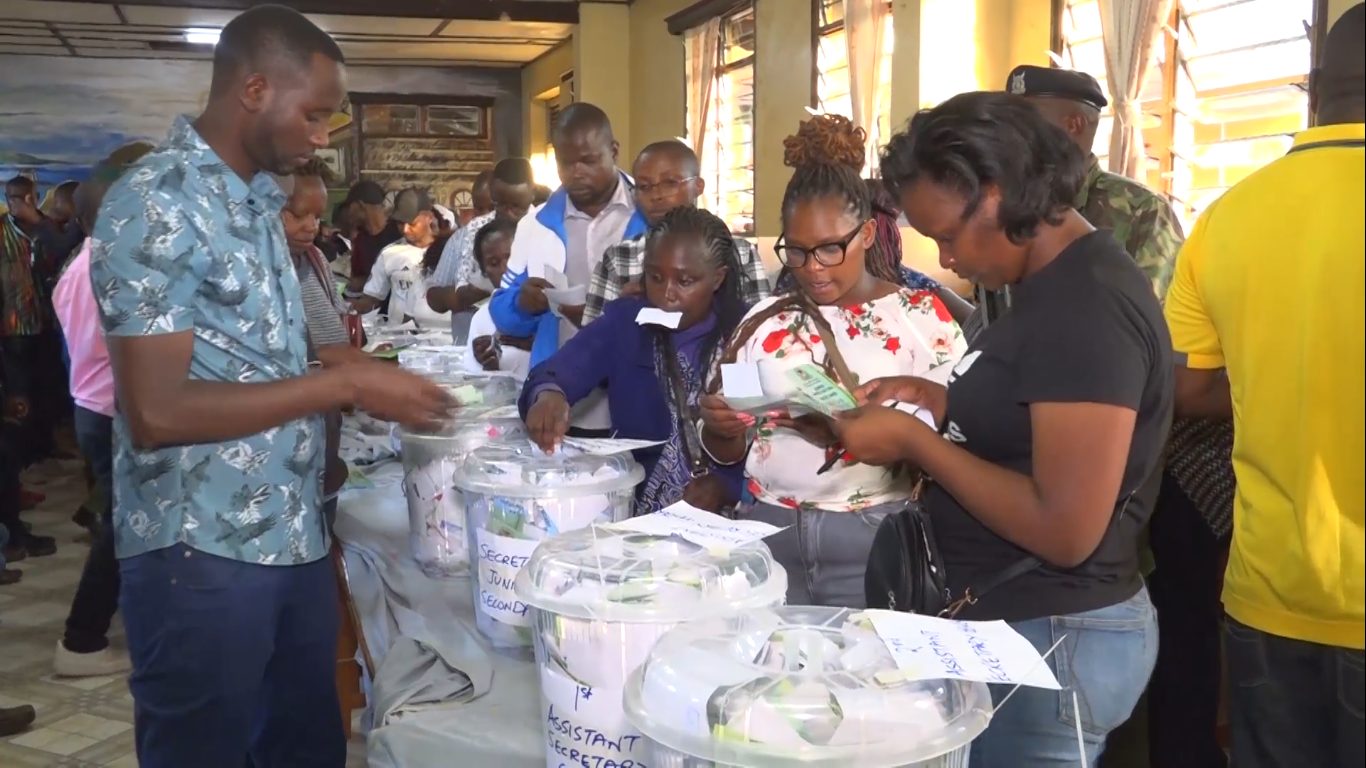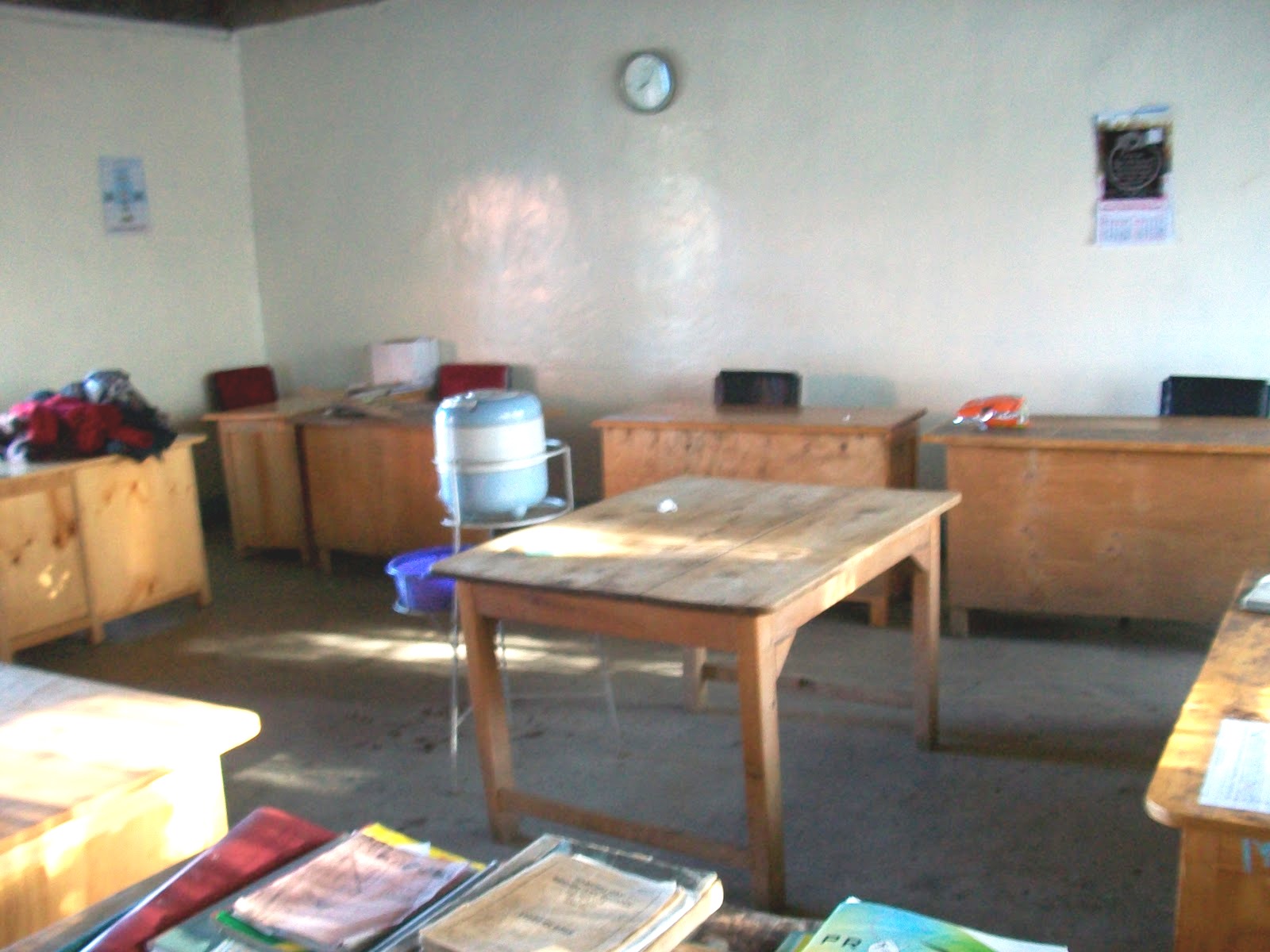By Sarah Muthama
Kenya has made great milestones in the digitalization of its basic (primary level) curriculum.
By incorporating Information Computer Technology in its Competency Based Curriculum (CBC), Kenya is poised to achieve the acclaimed 21st Century knowledge-based society.
Teachers have reportedly said using the digital devices has enabled them simplify otherwise abstract concepts, and learners are able to enjoy learning as they navigate through content, create and innovate during practical lessons.
Kenya is acknowledged as a leading innovation hub in Africa, second from Mauritius. To scale up, digital literacy in schools was introduced in 2013-2014, with the School Laptop project but the project was poorly planned and designed and soon became unsustainable.
The Ministry of Education (MoE) opted to construct computer laboratories in every school, yet again; this was hindered by inadequate funds to put up infrastructure, train teachers and source digital devices to run the program.
In 2016, the Ministry of Information, Communication and Technology developed a Digital Literacy Program to train teachers on the delivery of digital learning content that saw a number of teachers getting trained.
Since the roll-out of the CBC, more teachers, both in primary and secondary schools have been trained and some schools have received some digital devices.
There is no current data to show how many teachers have been trained and whether the digital devices are effectively used especially in the rural and marginalized areas.
The CBC espouses a digitally-based learning with variety of synchronous and asynchronous teaching and learning activities. Most topics in Science and Technology subject have varied instructions to access learning content using a digital device, and/or internet links or learners are instructed to observe certain aspects and take photos and print the information to put in their (learners’) portfolio.
The computing topics range from coding, creating animations and games, working with spreadsheets and word processing, among others.
The language and terminologies used in some of these textbooks is relatively complex and abstract. One teacher, trained in digital literacy teaching in a rural school, confined that there is a discrepancy on what teachers are trained on and what they handle in their classrooms.
Digital equity demands fairness and effective competency learning across all socio-economic and geographical populations, ethnic groups, across gender and learners with disabilities.
He admitted that some teachers opt to skip sections of a topic they may be struggling to conceptualize. The digital devices (tablets) received per school are so few and the learning content is password-admin protected. A teacher cannot download any additional content into the device.
Digital literacy is among the top professional skill gap among most employees including educators.
The World Economic Forum (2020) has envisioned that by 2025, fifty per cent of all employees globally would need retraining.
The digitalization of the curriculum has come with its share of challenges as well as opportunities, especially increasing accessibility to education in areas where there is persistent teacher shortage.
It is evident the implementation of digitally organized learning content is likely to exacerbate the existing inequalities in education, especially in marginalized populations and those at the intersection.
These intersecting factors such as age, gender, poverty, ethnicity, language, disability, displacement, refugee status, sexual orientation, and HIV-AIDS combine to widen the digital divide and create extended exclusion and further marginalization of some learners.
The advent of COVID-19 revealed glaring equity disparities in digital learning for learners in marginalized households who had neither the devices nor the accessibility of internet and power.
Learners in endowed households and mostly in urban and semi-urban areas continued to learn online whilst the rural folk, unable to afford digital devices, with no power and internet lagged, behind in learning.
Most schools in the rural areas and arid and semi-arid lands have unreliable internet or none at all.
Yet others lack the digital gadgets, reliable power supply or challenges of high power bills, there is no technical maintenance to any available devices, there is inadequate skills on online safety and security for learners as well as school data, and lack of parental and community involvement.
Given that the world of technology is forever evolving, there is inadequate capacity to regularly update outdated digital content and align it with world of work and current information.
Digital equity demands fairness and effective competency learning across all socio-economic and geographical populations, ethnic groups, across gender and learners with disabilities.
Despite the government effort, the digital integration in the CBC is exposing further vulnerabilities across the rural poor, the nomadic and semi-nomadic learners, gender and population with disability, refugee learners and migrants, children in conflict-prone areas and those with challenging health conditions such as HIV-AIDS.
To bridge the equity gap, there is need to identify, acquire and set up reliable and effective technology and ICT infrastructure as well as build capacities of teachers, administrators and other education officials in the underserved regions.
There are various frameworks and guidelines to ensure digital literacy takes effect in all schools in Kenya, namely, Policy Framework for Nomadic Education 2019, Competency Based Education and Training Policy 2019, Sector Policy for Learners and Trainees with Disability 2018, among others.
The implementation of these policies should be systematic, specific with clear monitoring and evaluation strategies that can provide data to continuously improve integration of digital literacy in most underserved populations and marginalized and excluded learners.
Muthama is an experienced high school teacher






